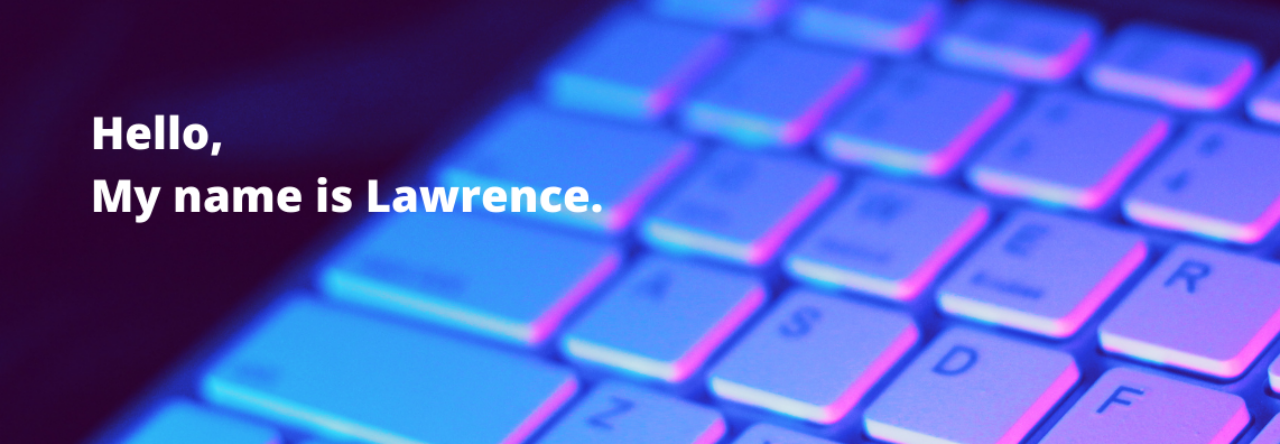Media literacy is the ability to use the mass media correctly and adequately, to use the resources provided by the media to accomplish self-repair, to identify information, to know and understand the society and it includes several literacies such as the public’s motivation to use media resources, the way, method and attitude to use media resources, the degree of effectiveness of using media resources, and the ability to criticize the media.
The importance of media literacy has become increasingly evident as the act of communicating and receiving communication has risen to become the most regular human behaviour. Media literacy has become one of the most important literacies that modern people must possess.
From a practical point of view, media literacy education is defined as the ability to choose, understand, question, evaluate, create, produce and respond to various information in the media. By receiving media literacy education, the public can better acquire the knowledge and skills to use the media. They can maximize the efficiency of the media and better realize their dreams and social values. At the same time, they can effectively avoid being tied to the media and becoming blind followers of the media.
Compared with traditional media, new media have not only media attributes but also social attributes. In addition to information dissemination, the new media are simultaneously used as entertainment and recreation and social service tools. The social attributes of the Internet make many Internet users with very weak self-control indulge on the Internet and cannot extricate themselves, especially many teenagers, who appear pathologized “new media dependence psychology”
In the online environment, information is easily concealed and exploited, causing some young students to lose their way, deviate from the mainstream, lose their origin and distort their humanity in the virtual world of the Internet. Young students use the Internet to express their views and satisfy their interests in the Internet. They must have the ability to correctly interpret and critically accept Internet information. The Internet medium is complex and confusing, and young students need to constantly improve their Internet media literacy and enhance their ability to discern and accept Internet information, which is an inherent requirement for their proper use of the Internet medium.
In the face of the information explosion brought about by new technological development and highly mediated education, the learning process of learners is almost inseparable from the media. Learners need to learn not to be held back by social media and distinguish the truth and value of information. Also, to learn how to get the information they need efficiently and accurately through the media, and even constantly improve their ability to analyze and disseminate information.
Reference
Miller. (2021, June 06). MEDIA LITERACY with JULIE SMITH [Video]. Youtube.EDCI 338 – MEDIA LITERACY with JULIE SMITH – YouTube
Trilling, B., & Fadel, C. (2012). media literacy. In 21st Century skills: Learning for life in our Times (pp. 66–66). essay, John Wiley & Sons.
